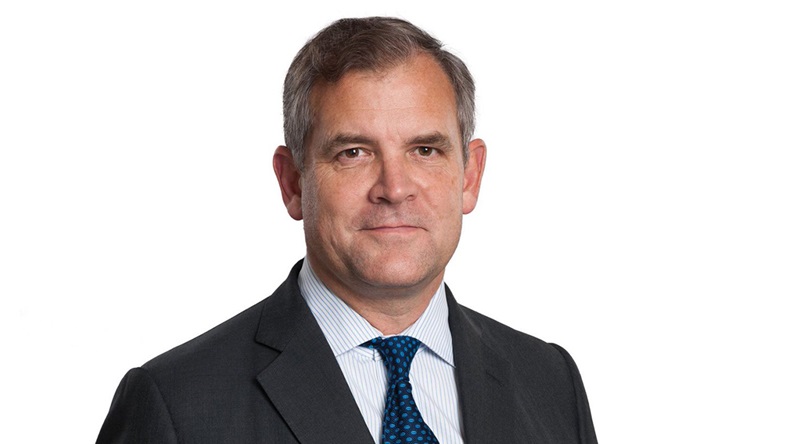Bruce Carnegie-Brown,chairman, Lloyd’s
The Lloyd’s of London facility will provide up to $50 million of cover in marine cargo and war insurance, Lloyd’s, Ascot and Marsh said in a statement
Premiums to go into the broader Black Sea area have risen sharply, to as much as 5% of the value of the ship from 0.025% before the invasion
“Following the agreement between Russia and Ukraine on the export of grain, we’re working quite hard with market participants to make sure we can develop policies that can support it,” Bruce Carnegie-Brown told Reuters.
LONDON:
Lloyd’s of London insurer Ascot and broker Marsh on Friday launched marine cargo and war insurance for grain and food products moving from Ukrainian Black Sea ports, removing a hurdle to getting shipments underway.
Russia and Ukraine signed a deal last week, brokered by Turkey and the United Nations, to reopen grain and fertilizer exports that have been blocked by war to ease an international food crisis.
U.N. aid chief Martin Griffiths said on Thursday he was hopeful that the first shipment of grain from a Ukrainian Black Sea port could take place as early as Friday, but “crucial” details for the safe passage of vessels were still being worked out.
The Lloyd’s of London facility will provide up to $50 million of cover in marine cargo and war insurance, Lloyd’s, Ascot and Marsh said in a statement.
The cover would “add essential protections to the deal brokered by the UN last week and represents the latest support from Lloyd’s and the insurance industry to help the international community respond to the conflict,” said Patrick Tiernan, chief of markets at Lloyd’s.
Insurers have previously said they were only willing to cover grain moving out of Ukrainian Black Sea ports if there are arrangements for international navy escorts and a clear strategy to deal with sea mines.
A Russian missile attack on Odesa only a day after the deal was signed has added to their concerns.
“This bespoke, mission-focused facility allows the insurance market to play its part in enabling the vital transportation of grain and food products out of Ukraine to the wider world,” said Chris McGill, head of cargo at Ascot.
The cost of such insurance will vary according to cargo, shipowner and port but is likely to be steep, insurance sources say.
Premiums to go into the broader Black Sea area have risen sharply, to as much as 5% of the value of the ship from 0.025% before the invasion.
Lloyd’s of London insurers and brokers are preparing to provide cover for grain shipments from Ukraine and are likely to announce their plans shortly, the commercial insurance market’s chairman had said on Wednesday.
Russia and Ukraine signed a deal on Friday, brokered by Turkey and the United Nations, to reopen grain and fertiliser exports that have been blocked by war to ease an international food crisis
“Following the agreement between Russia and Ukraine on the export of grain, we’re working quite hard with market participants to make sure we can develop policies that can support it,” Bruce Carnegie-Brown told Reuters.
“We are expecting to see the announcement from brokers and underwriters of some products that will support this in the next few days.”
Risks remain following a Russian missile attack on the Ukrainian port of Odesa, a day after the grain deal was signed.
“It is crucial that the agreement holds,” Carnegie-Brown said. “A number of mines have already been planted in the Black Sea – insurers can get their arms around that but they wouldn’t be able to get their arms around serious breaches of the agreement.”
The Ukraine conflict is likely to hit the energy sector hardest, Lloyd’s and insurance broker Aon said in a report on Wednesday.
The conflict, which has led to inflation and supply chain issues, was also creating problems in other sectors such as technology – including from the risk of cyber attacks – food and beverages and transport.
More than 2,100 U.S.-based firms and 1,200 European firms have at least one direct supplier in Russia, the report said.
“People are trying to compartmentalise what’s happening in Ukraine, and what our research shows is that it’s very interconnected,” Carnegie-Brown said.
Reuters

